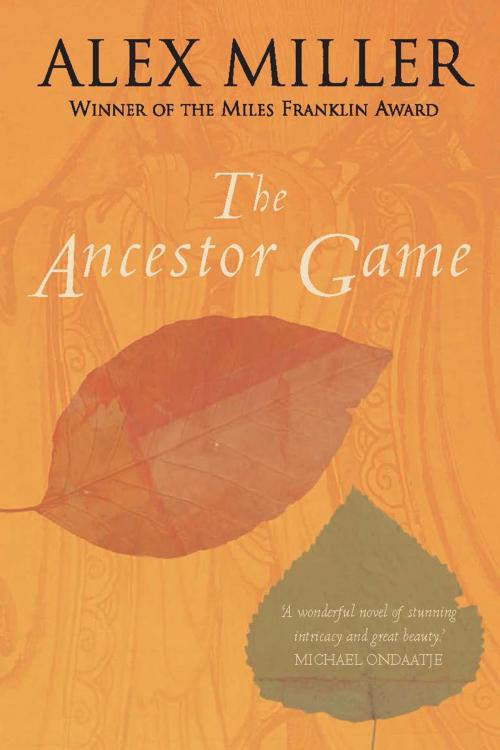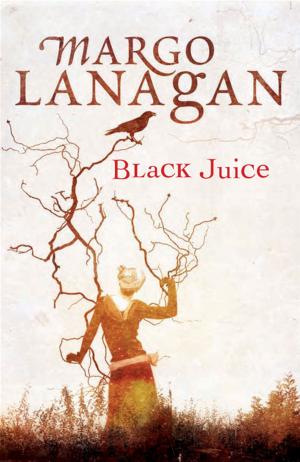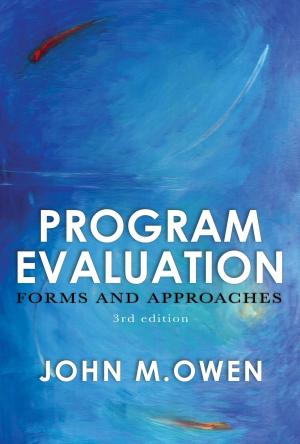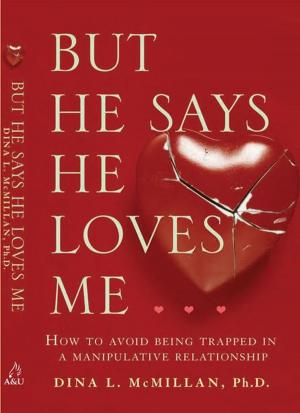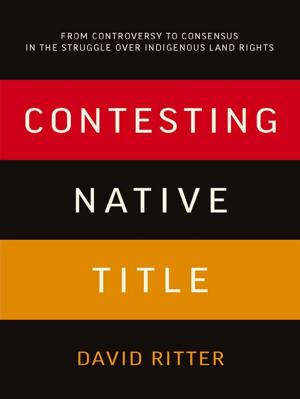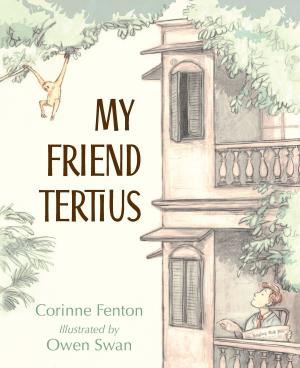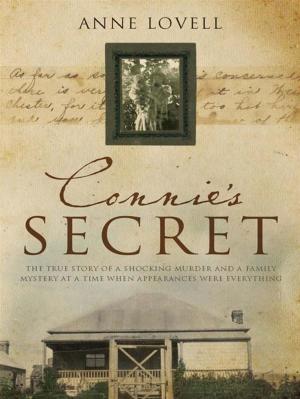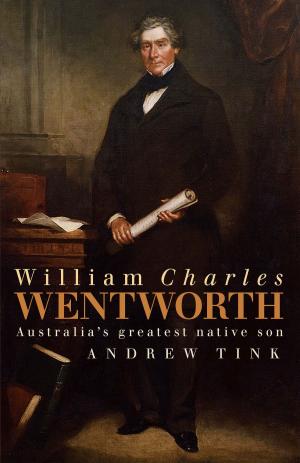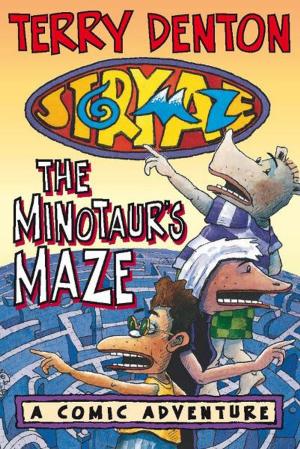| Author: | Alex Miller | ISBN: | 9781742697222 |
| Publisher: | Allen & Unwin | Publication: | September 1, 2003 |
| Imprint: | Allen & Unwin | Language: | English |
| Author: | Alex Miller |
| ISBN: | 9781742697222 |
| Publisher: | Allen & Unwin |
| Publication: | September 1, 2003 |
| Imprint: | Allen & Unwin |
| Language: | English |
Steven Muir, August Spiess and his daughter Gertrude, and Lang Tzu all acknowledge a restless sense of cultural displacement, an ambivalence in their relations with the culture of European Australia. Steven left England for Australia as a young man and his one attempt at returning is unsuccessful. August Spiess, although he speaks frequently of returning to his native Hamburg, fails to make the journey, as does his daughter Gertrude. Lang Tzu's very name defines his fate: 'two characters which in Mandarin signify the son who goes away.'
The 'game', however, does have winners. For despite their yearnings for the home of their ancestral dreams, a desire to belong somewhere that is truly their own, none of Miller's characters leaves Australia, and each in their own way comes to see that to be at home in exile may be a defining paradox of the European Australian condition: the paradox of belonging and estrangement that perhaps lies uneasily at the heart of all European cultures.
The Ancestor Game, which Robert Dessaix described as 'one of the most engrossing books I've read in a long time', is an enthralling journey into the ancestral dreams and present dilemmas of a rich cast of characters.
'A wonderful novel of stunning intricacy and great beauty.' - Michael Ondaatje
'Takes the historical novel to new frontiers. It is fabulous in every sense of the word.' - Commonwealth Writers Prize judges
'Extraordinary fictional portraits of China and Australia.' - New York Times Book Review
'A major new novel of grand design and rich texture, a vast canvas of time and space, its gaze outward yet its vision intimate and intellectually abundant.' - The Age
Steven Muir, August Spiess and his daughter Gertrude, and Lang Tzu all acknowledge a restless sense of cultural displacement, an ambivalence in their relations with the culture of European Australia. Steven left England for Australia as a young man and his one attempt at returning is unsuccessful. August Spiess, although he speaks frequently of returning to his native Hamburg, fails to make the journey, as does his daughter Gertrude. Lang Tzu's very name defines his fate: 'two characters which in Mandarin signify the son who goes away.'
The 'game', however, does have winners. For despite their yearnings for the home of their ancestral dreams, a desire to belong somewhere that is truly their own, none of Miller's characters leaves Australia, and each in their own way comes to see that to be at home in exile may be a defining paradox of the European Australian condition: the paradox of belonging and estrangement that perhaps lies uneasily at the heart of all European cultures.
The Ancestor Game, which Robert Dessaix described as 'one of the most engrossing books I've read in a long time', is an enthralling journey into the ancestral dreams and present dilemmas of a rich cast of characters.
'A wonderful novel of stunning intricacy and great beauty.' - Michael Ondaatje
'Takes the historical novel to new frontiers. It is fabulous in every sense of the word.' - Commonwealth Writers Prize judges
'Extraordinary fictional portraits of China and Australia.' - New York Times Book Review
'A major new novel of grand design and rich texture, a vast canvas of time and space, its gaze outward yet its vision intimate and intellectually abundant.' - The Age
